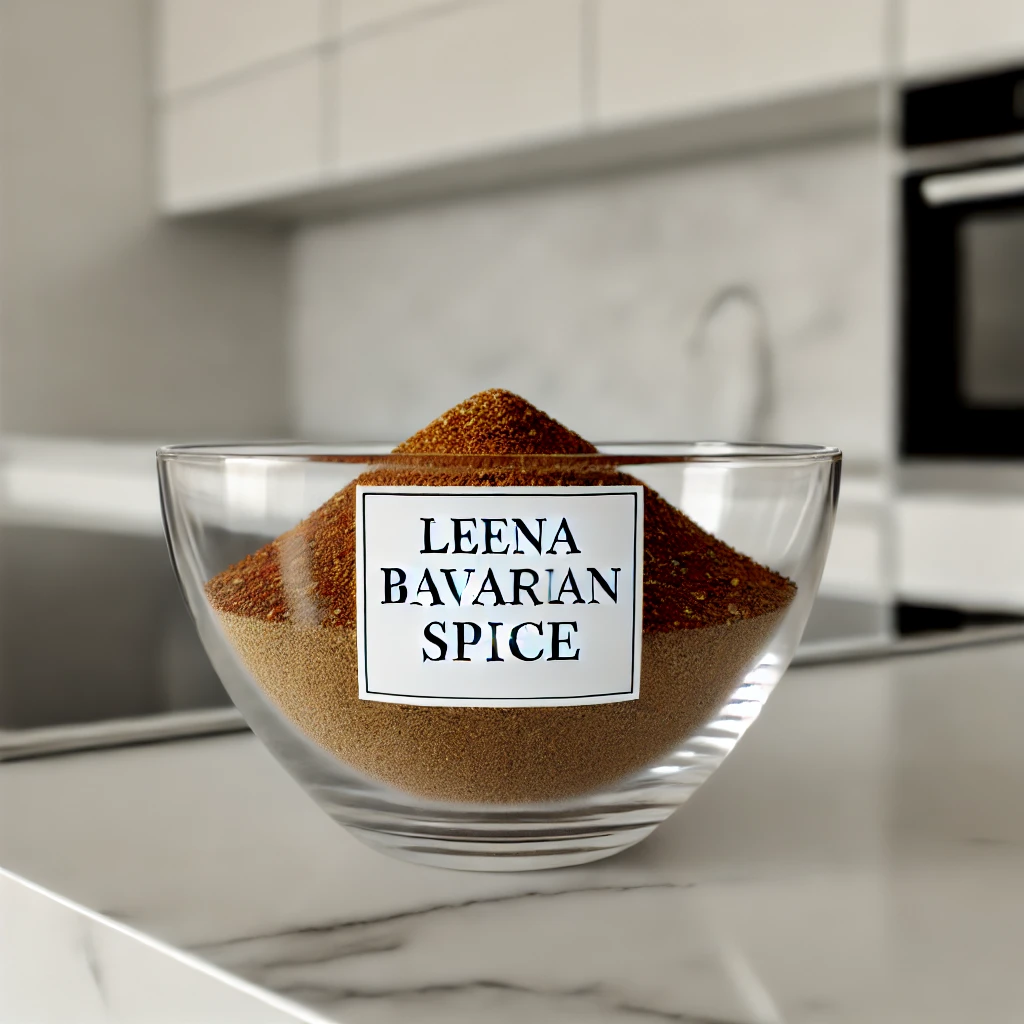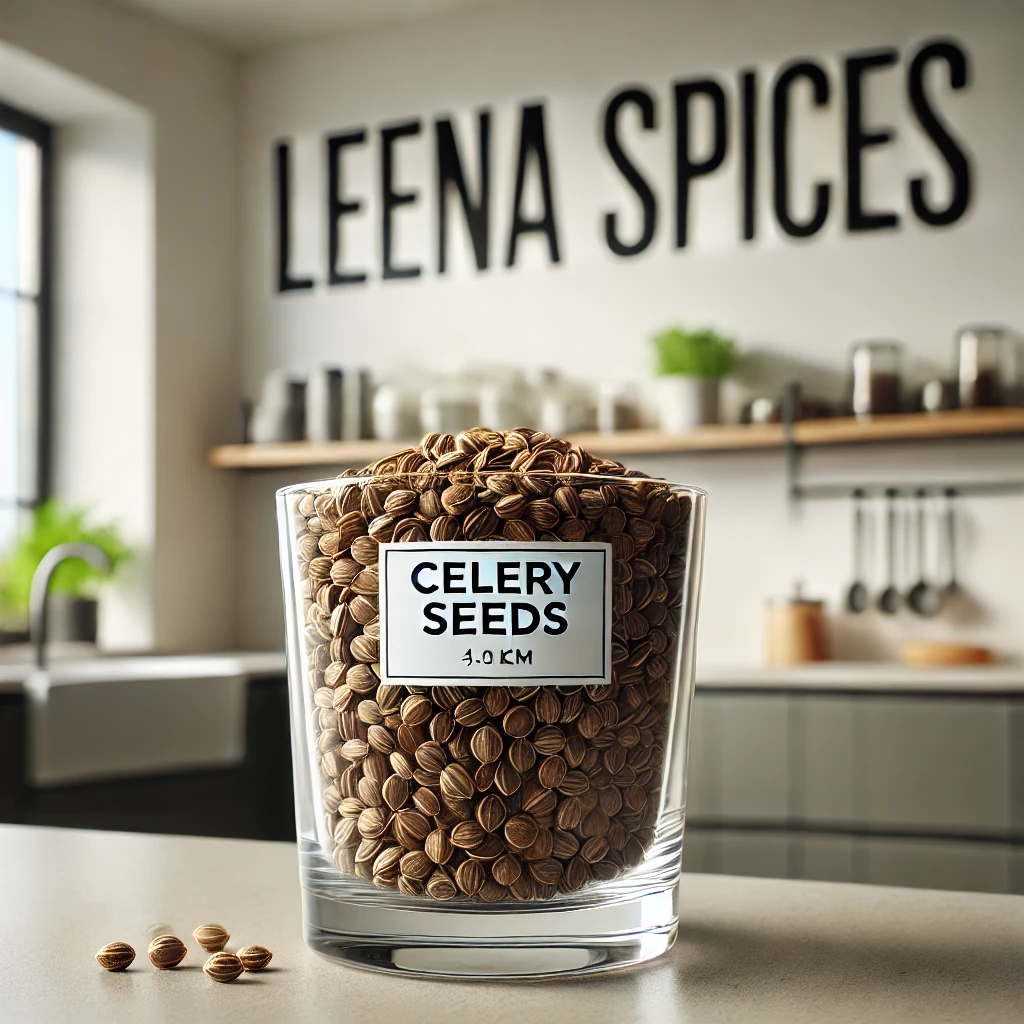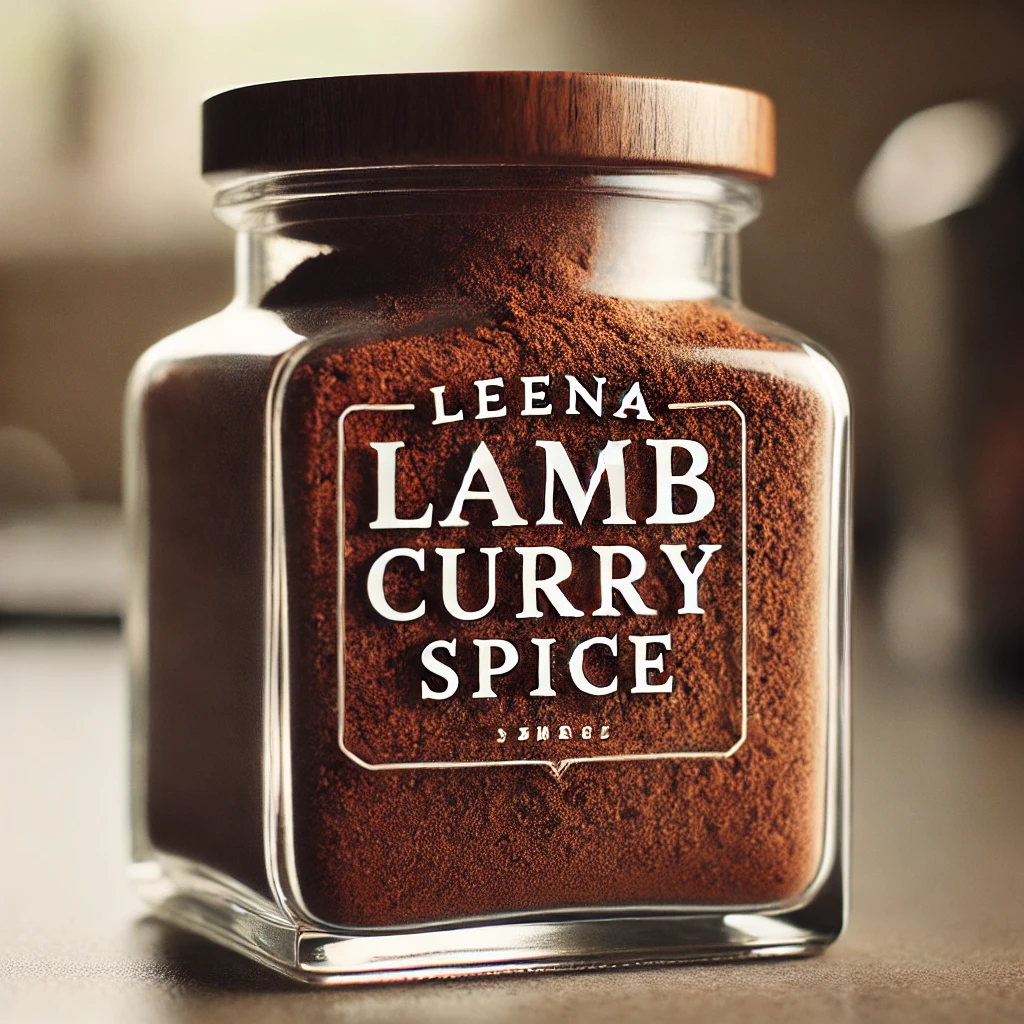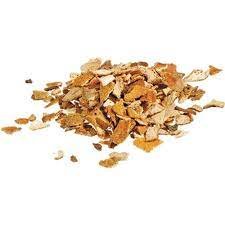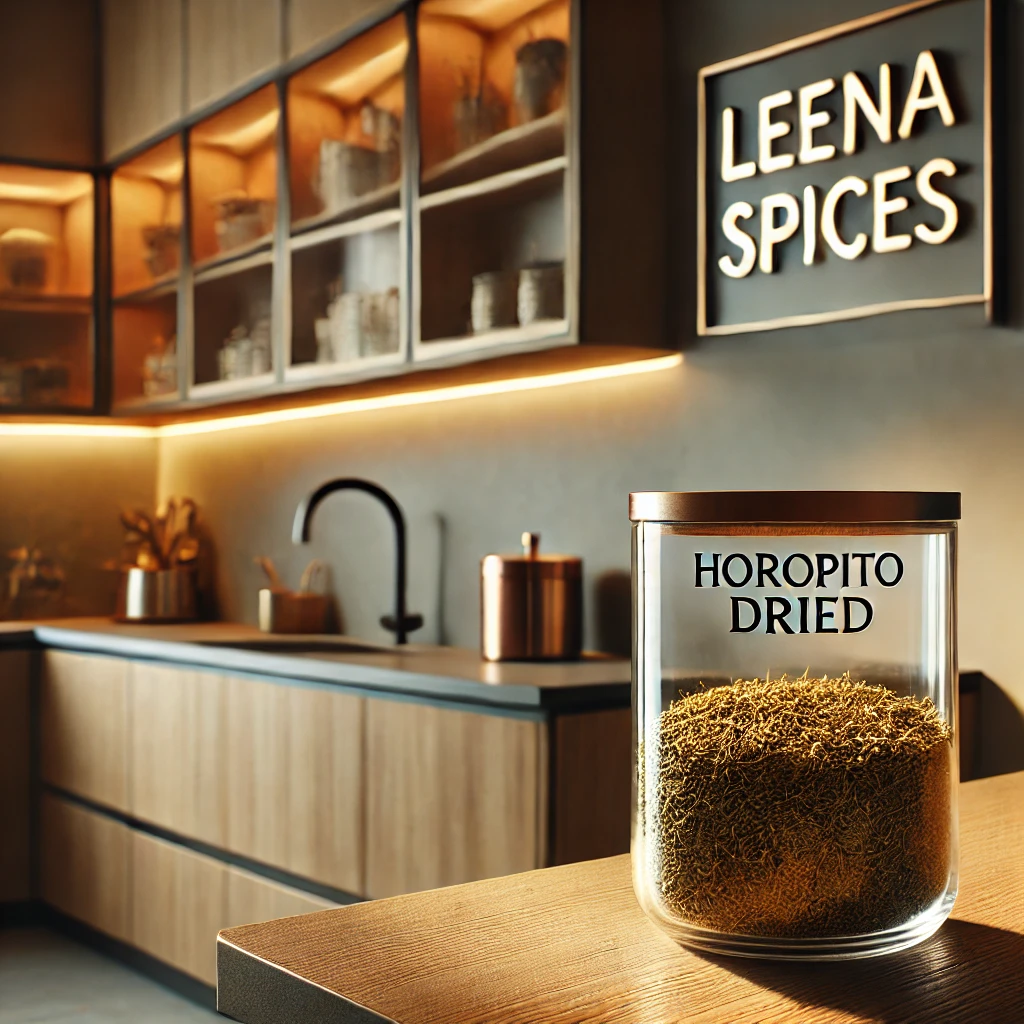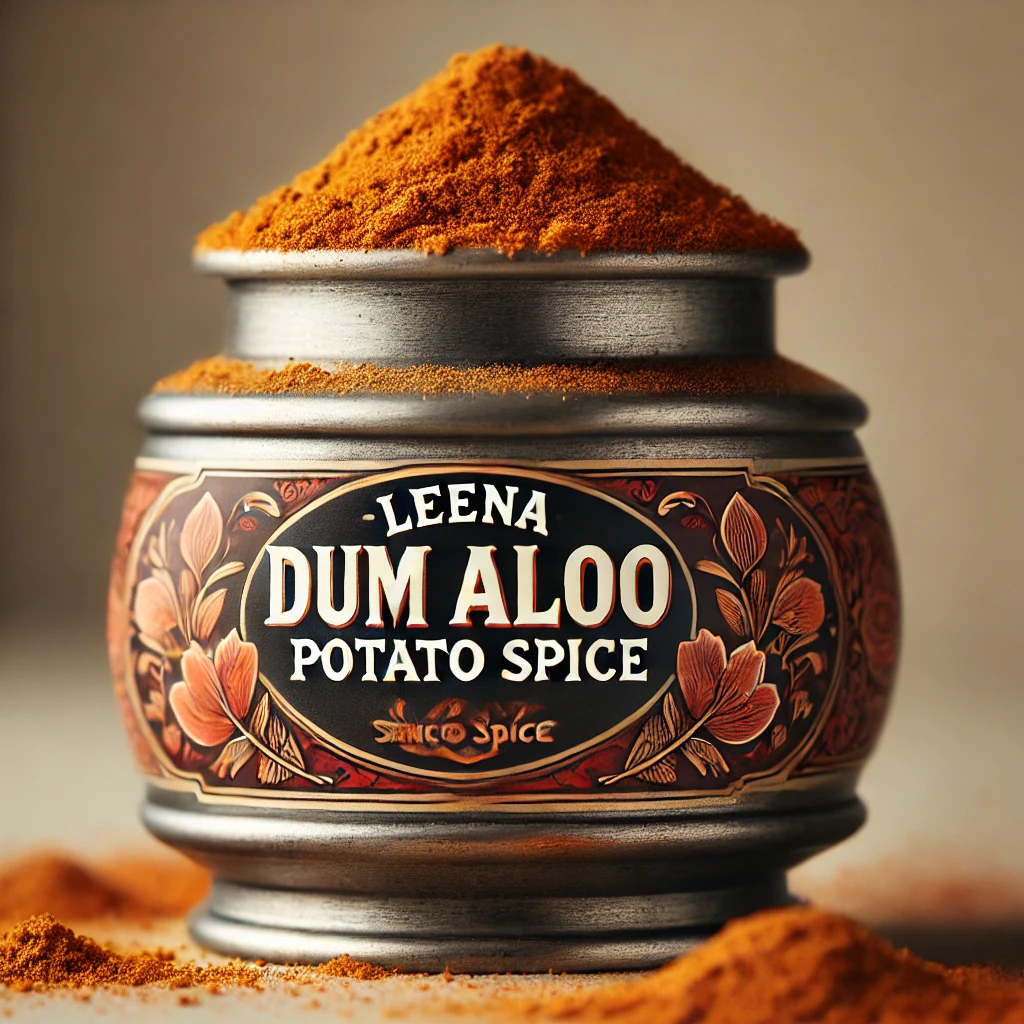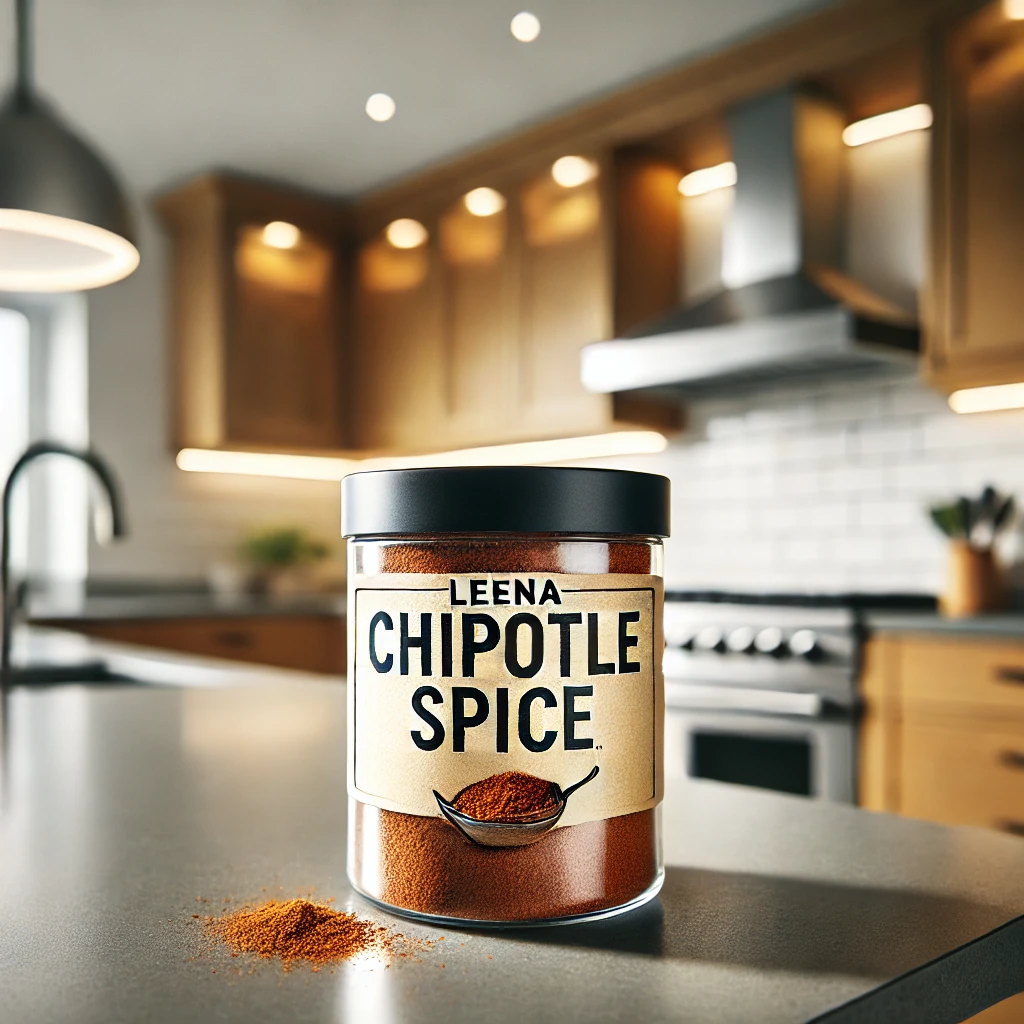10 Surprising Cinnamon Benefits You Didn’t Know About
Table of Contents
- Key Takeaways: Cinnamon Health Benefits
- Ways to Enjoy Cinnamon
- Nutrition Value of Cinnamon
- How to Use Cinnamon Sticks for Health
- Health Benefits of Cinnamon Sticks
- Is Cinnamon Safe for Everyone?
- FAQs
Key Takeaways: Cinnamon Health Benefits
What makes cinnamon a healthy spice?
Cinnamon is packed with antioxidants, anti-inflammatory compounds, and bioactive molecules that support overall health.
Can cinnamon help manage blood sugar?
Yes! It may improve insulin sensitivity, reduce blood sugar spikes, and support healthy glucose levels.
Does cinnamon benefit the heart?
Cinnamon can help lower LDL cholesterol and triglycerides, reduce inflammation, and support healthy blood pressure.
Can cinnamon improve digestion?
Absolutely. It stimulates digestive enzymes, soothes the gut, and may help balance gut bacteria.
Is cinnamon good for weight management?
Cinnamon may boost metabolism, reduce appetite, and promote fat breakdown, supporting healthy weight.
Does cinnamon support brain health?
Yes, research suggests it may have neuroprotective effects and help improve memory and cognitive function.
Can cinnamon relieve menstrual discomfort?
Studies show cinnamon may reduce cramps, bleeding, nausea, and other symptoms associated with menstruation.
Is cinnamon safe to consume?
In moderation, yes. Opt for Ceylon cinnamon when possible to minimize coumarin exposure and avoid excessive intake.

Ways to Enjoy Cinnamon
- Sprinkle on Breakfast: Add a dash over oatmeal, yogurt, smoothies, granola, or even peanut butter toast for a quick flavor boost.
- Baking & Desserts: Use cinnamon in cinnamon buns, cookies, muffins, cakes, banana bread, apple pie, and fruit crisps to elevate baked treats.
- Upgrade Your Drinks: Stir a pinch into coffee, tea, hot chocolate, lattes, or golden milk for cozy, café-style flavors.
- Savory Dishes: Add ground cinnamon or sticks to stews, curries, chili, or Middle Eastern tagines for subtle warmth and aromatic depth.
- Healthy Snacks: Toss roasted nuts, popcorn, or fruit with cinnamon for a guilt-free, flavorful snack.
- Homemade Spice Blends: Incorporate cinnamon into spice rubs for meats, pumpkin spice mixes, or chai blends.
- Fruit Infusions: Simmer cinnamon sticks in poaching liquids for pears, apples, or other fruits to enhance natural sweetness.
- Roasted Vegetables: Sprinkle cinnamon on roasted pumpkin, carrots, or sweet potatoes for a subtly sweet, earthy twist.
Nutrition Value of Cinnamon
Cinnamon is packed with nutrients and beneficial plant compounds. A small amount goes a long way in flavor and health. Below is the approximate nutrition breakdown for 1 teaspoon (2.6 g) of ground cinnamon:
Nutrient | Amount (per 1 tsp) |
Calories | 6 kcal |
Carbohydrates | 2 g |
Fiber | 1.3 g |
Sugars | 0 g |
Protein | 0.1 g |
Fat | 0 g |
Calcium | 26 mg (2% DV) |
Iron | 0.2 mg (1% DV) |
Manganese | 0.5 mg (22% DV) |
Vitamin K | 1.4 mcg (1% DV) |
How to Use Cinnamon Sticks for Health
Adding cinnamon sticks to your daily routine is simple and delicious. Here are some easy, practical ways to enjoy their flavor and potential health perks:
- Cinnamon Tea – Simmer a cinnamon stick in hot water for 10–15 minutes to create a naturally sweet, warming tea that supports digestion and comfort.
- Infused Water – Drop a cinnamon stick into a pitcher of water (along with lemon or apple slices) for a refreshing, subtly spiced drink.
- Coffee Stirrer – Use a cinnamon stick to stir your morning coffee or hot chocolate. It adds a gentle spice and natural sweetness without extra sugar.
- Cooking & Baking – Add whole sticks to rice, curries, or stews while cooking, then remove before serving for a rich, aromatic depth.
- Homemade Syrups – Simmer sticks with sugar and water to make cinnamon syrup for pancakes, cocktails, or lattes.
- Air Freshener – Boil cinnamon sticks with citrus peels and cloves for a natural, cozy fragrance that also has antimicrobial properties.
Tip: One cinnamon stick can be reused 2–3 times in drinks before losing its flavor. Just rinse, dry, and store for next time.
What are the common health benefits of Cinnamon?
Health Benefits of Cinnamon Sticks
Rich in Antioxidants
Cinnamon is loaded with powerful antioxidants, particularly polyphenols, which help protect the body from oxidative stress caused by free radicals. This natural defense not only supports overall cell health but also contributes to cinnamon’s anti-inflammatory effects. Research suggests that these compounds may lower markers of inflammation, reduce the risk of chronic conditions such as heart disease, and even improve blood sugar balance. By boosting antioxidant levels in the body, cinnamon may also help slow the effects of aging and promote better long-term wellness.
Anti-inflammatory Properties
Cinnamon contains powerful bioactive compounds. Research suggests that cinnamon extracts may help lower inflammatory markers, protect cell tissues, and support joint health. This makes cinnamon especially beneficial for people managing conditions like arthritis or those looking to reduce their long-term risk of inflammation-related diseases.
Blood Sugar Control
Cinnamon has been widely studied for its ability to support healthy blood sugar levels, especially in people with type 2 diabetes or those at risk. Its bioactive compounds, including cinnamaldehyde and polyphenols, can mimic insulin, enhance insulin receptor activity, and promote better glucose uptake by cells. Cinnamon also slows the breakdown of carbohydrates in the digestive tract, leading to smaller post-meal spikes in blood sugar.
Heart Health
Cinnamon may play a supportive role in protecting heart health by targeting several key risk factors for cardiovascular disease. Studies suggest it can help lower LDL cholesterol (the “bad” cholesterol) and triglycerides, while maintaining or even slightly improving HDL cholesterol (the “good” cholesterol). This balancing effect supports healthier blood lipid profiles.
Antimicrobial Effects
Cinnamon has natural antimicrobial properties that can help inhibit the growth of bacteria, fungi, and viruses. Compounds such as cinnamaldehyde and cinnamic acid disrupt microbial cell membranes, block energy production, prevent biofilm formation, and interfere with microbial communication, making it harder for pathogens to survive.
Improved Digestion
Cinnamon can naturally support digestive health by stimulating digestive enzymes, which helps break down food more efficiently and reduces gastrointestinal discomfort. Traditionally used in systems like Ayurveda, cinnamon has been valued for easing bloating, gas, and indigestion while promoting healthy circulation in the digestive tract.
Neuroprotective Effects
Emerging research suggests that cinnamon may support brain health and offer neuroprotective benefits. Compounds like cinnamaldehyde and sodium benzoate exhibit antioxidant, anti-inflammatory, and anti-amyloid properties, which help reduce oxidative stress, inflammation, and the buildup of harmful proteins linked to neurodegenerative diseases such as Alzheimer’s and Parkinson’s.
Supports Weight Management
Cinnamon may help with weight loss management by boosting metabolism, reducing appetite, and promoting fat breakdown.
The spice’s active compound, cinnamaldehyde, has been shown to activate fat-burning genes and increase thermogenesis, helping the body burn more calories.
Menstrual Health
Cinnamon has long been used to ease menstrual pain and discomfort, and research supports its potential benefits for menstrual health. Clinical studies indicate that cinnamon can significantly reduce the intensity of menstrual cramps, the amount of bleeding, and associated symptoms such as nausea and vomiting in young women with primary dysmenorrhea.
Safety and Moderation
While cinnamon sticks provide numerous health benefits, it’s important to enjoy them in moderation. Excessive consumption can lead to adverse effects, including liver toxicity and increased risk of bleeding.
Is Cinnamon Safe for Everyone?
For most people, cinnamon is perfectly safe when used in normal food amounts. Sprinkling it over oatmeal, stirring it into coffee, or baking it into buns is unlikely to cause any issues. However, there are a few things to keep in mind:
- Cassia vs. Ceylon Cinnamon
- Cassia cinnamon (the common grocery store type) contains higher levels of coumarin, a natural compound that may cause liver damage if consumed in large amounts over time.
- Ceylon cinnamon (“true cinnamon”) has very little coumarin and is generally considered safer for frequent use.
- Allergies and Sensitivities
- Rare, but some people may experience irritation or allergic reactions, especially with cinnamon-flavored products or oils.
- Medical Conditions
- If you have liver disease, it’s best to avoid large amounts of cassia cinnamon.
- Cinnamon may interact with blood sugar medications or blood thinners. If you take these, check with your doctor before using high doses or supplements.
- Pregnancy and Children
- Normal food amounts are safe during pregnancy and for kids, but concentrated cinnamon supplements or oils should be avoided unless approved by a healthcare professional.
Frequently Asked Questions (FAQs)
What is the difference between Ceylon and Cassia cinnamon?
Ceylon cinnamon (“true cinnamon”) has a lighter, sweeter flavor and very low coumarin levels, making it safer for regular consumption. Cassia cinnamon is darker, stronger, and contains higher amounts of coumarin, which can be harmful in large doses.
How much cinnamon is safe to consume daily?
Moderate amounts—typically 1–2 teaspoons (2–6 grams) per day—are generally safe for most adults. Excessive intake, especially of Cassia cinnamon, can increase coumarin exposure and pose health risks.
Can cinnamon help control blood sugar?
Yes. Cinnamon may improve insulin sensitivity, slow carbohydrate digestion, and reduce post-meal blood sugar spikes, supporting overall glucose balance.
Does cinnamon have anti-inflammatory properties?
Absolutely. Bioactive compounds in cinnamon can reduce inflammation markers, which may help manage conditions like arthritis and lower chronic disease risk.
Can cinnamon support heart health?
Cinnamon may help reduce LDL cholesterol and triglycerides, maintain HDL cholesterol, lower blood pressure, and reduce oxidative stress—supporting overall cardiovascular health. Consult medical advice.
How can I use cinnamon in my daily diet?
You can add cinnamon sticks to teas, coffee, and stews, sprinkle ground cinnamon on oatmeal or baked goods, or infuse water with cinnamon for flavor and health benefits.
Can cinnamon improve digestion?
Yes. Cinnamon stimulates digestive enzymes, reduces bloating, soothes inflammation in the gut, and may help balance gut bacteria.
Does cinnamon aid weight management?
Cinnamon can support metabolism, improve fat breakdown, stabilize blood sugar, and help reduce cravings, making it a helpful addition to a balanced diet.
Can cinnamon benefit brain health?
Research suggests cinnamon may have neuroprotective effects, improve memory and cognitive function, and help reduce risks associated with neurodegenerative diseases.
Can cinnamon relieve menstrual discomfort?
Yes. Studies indicate cinnamon may reduce cramps, menstrual bleeding, nausea, and other symptoms associated with primary dysmenorrhea.
Is cinnamon safe for children and pregnant women?
Small amounts used in food are generally safe. However, pregnant women and children should avoid high doses, and Cassia cinnamon should be limited due to coumarin content.




